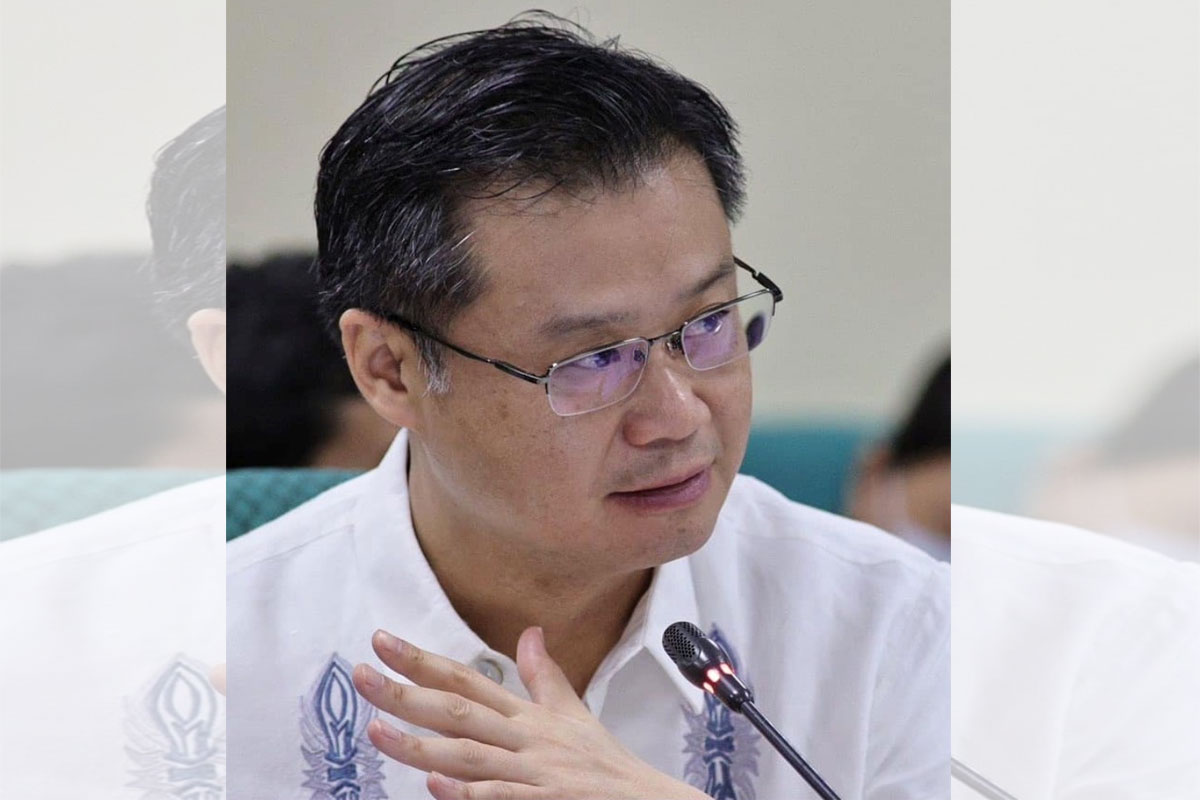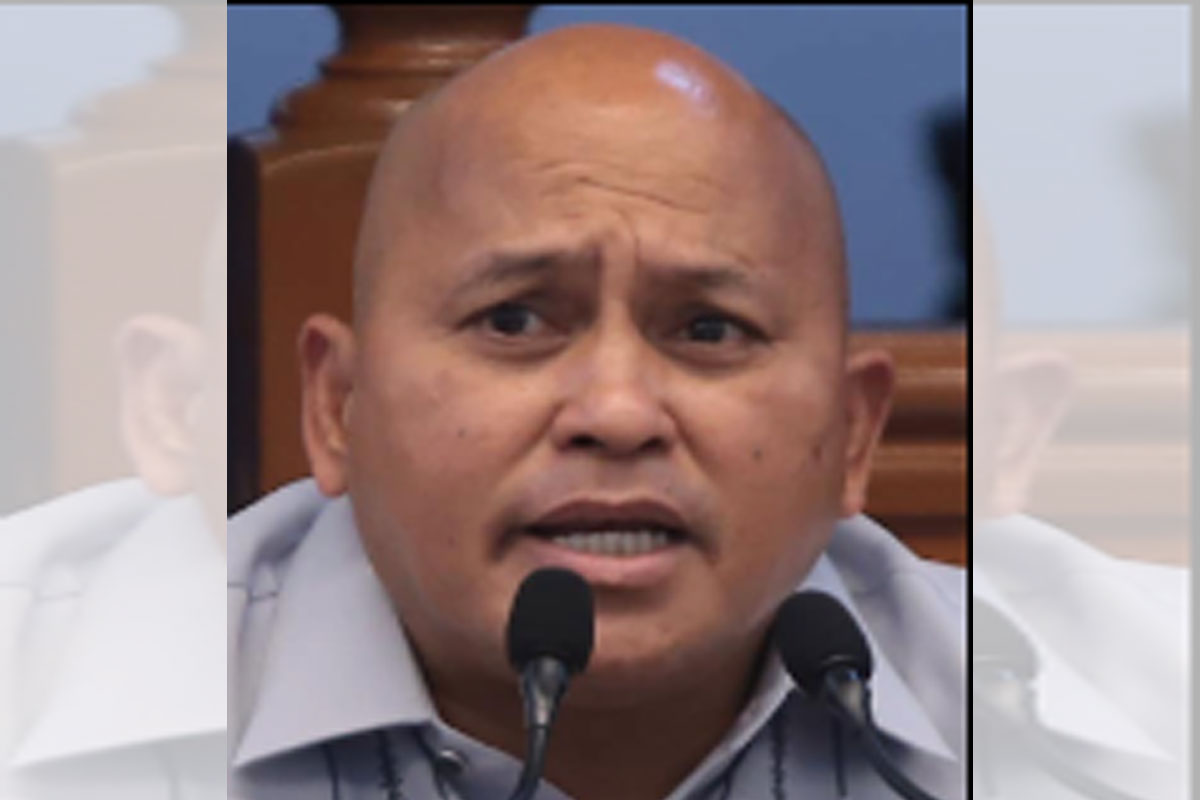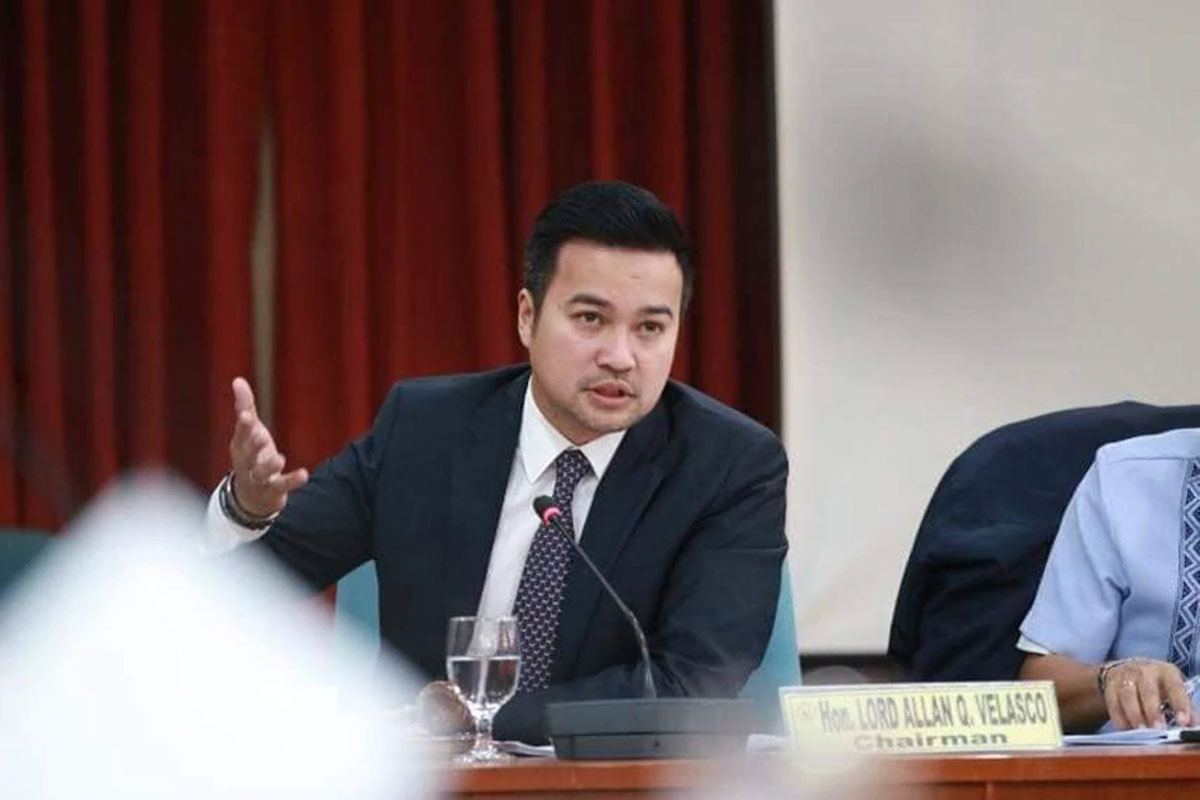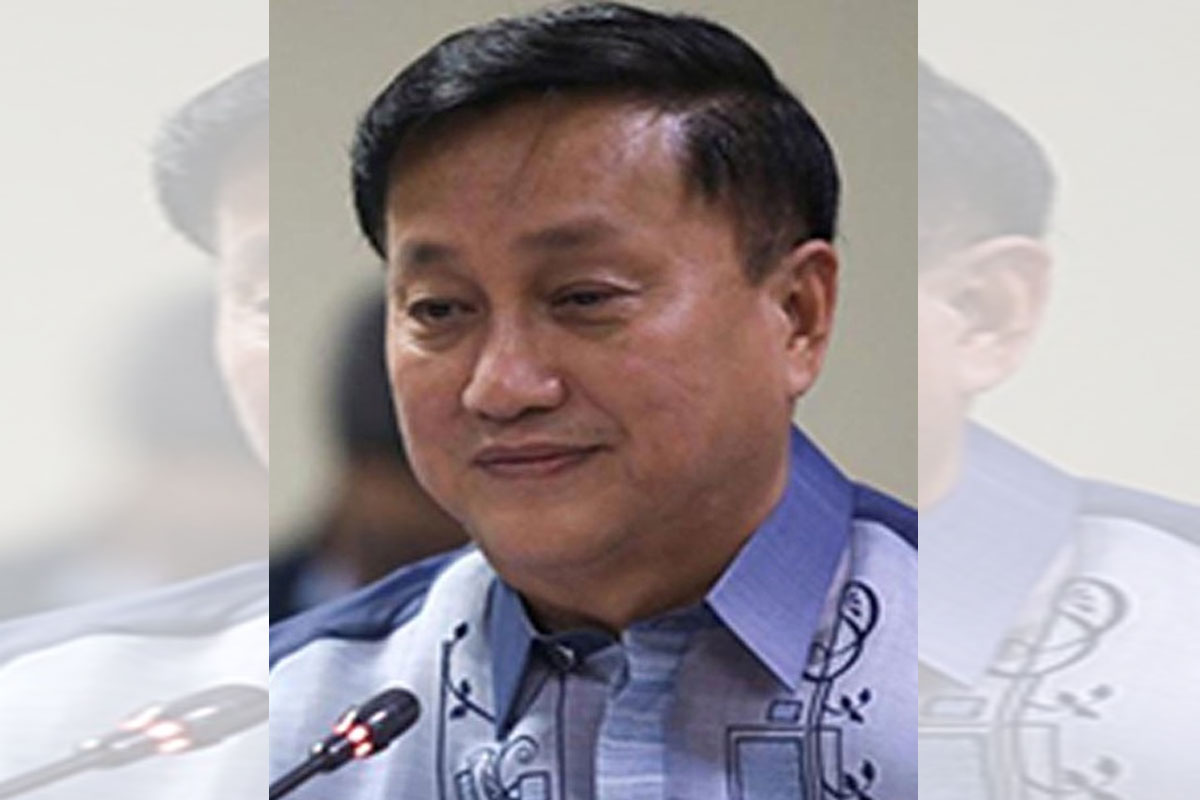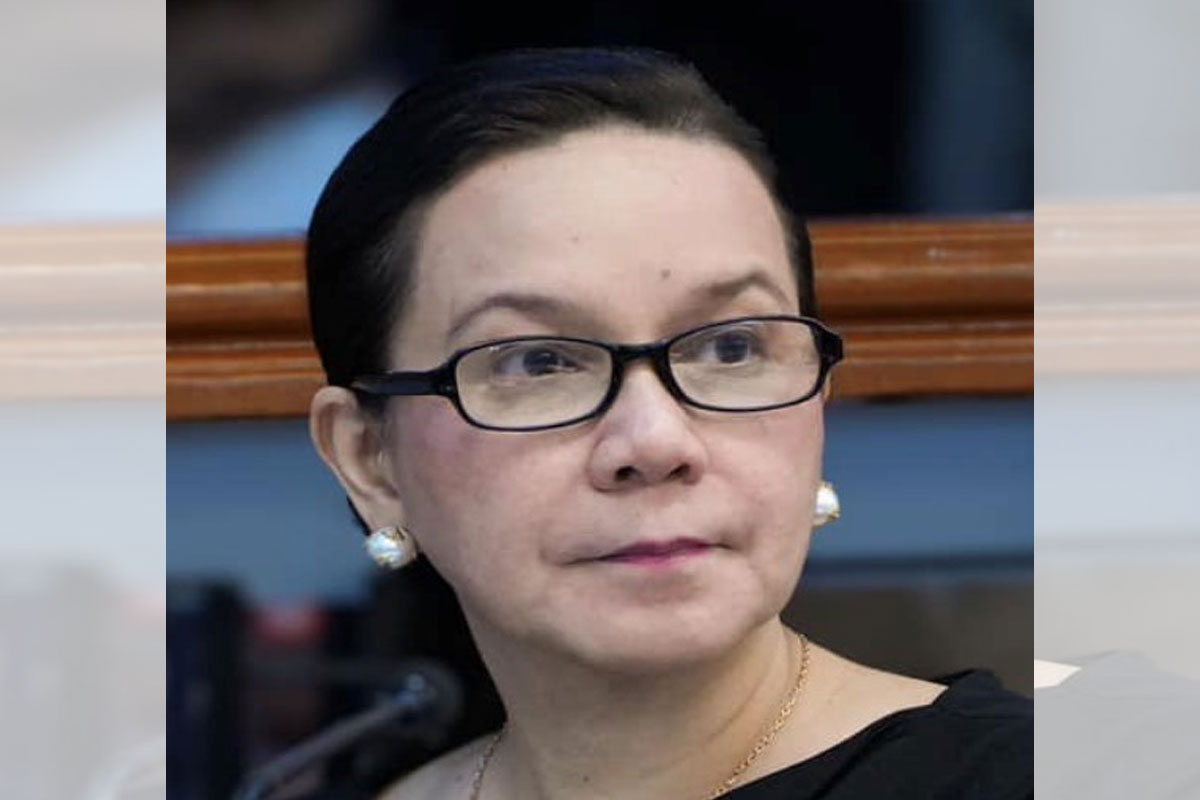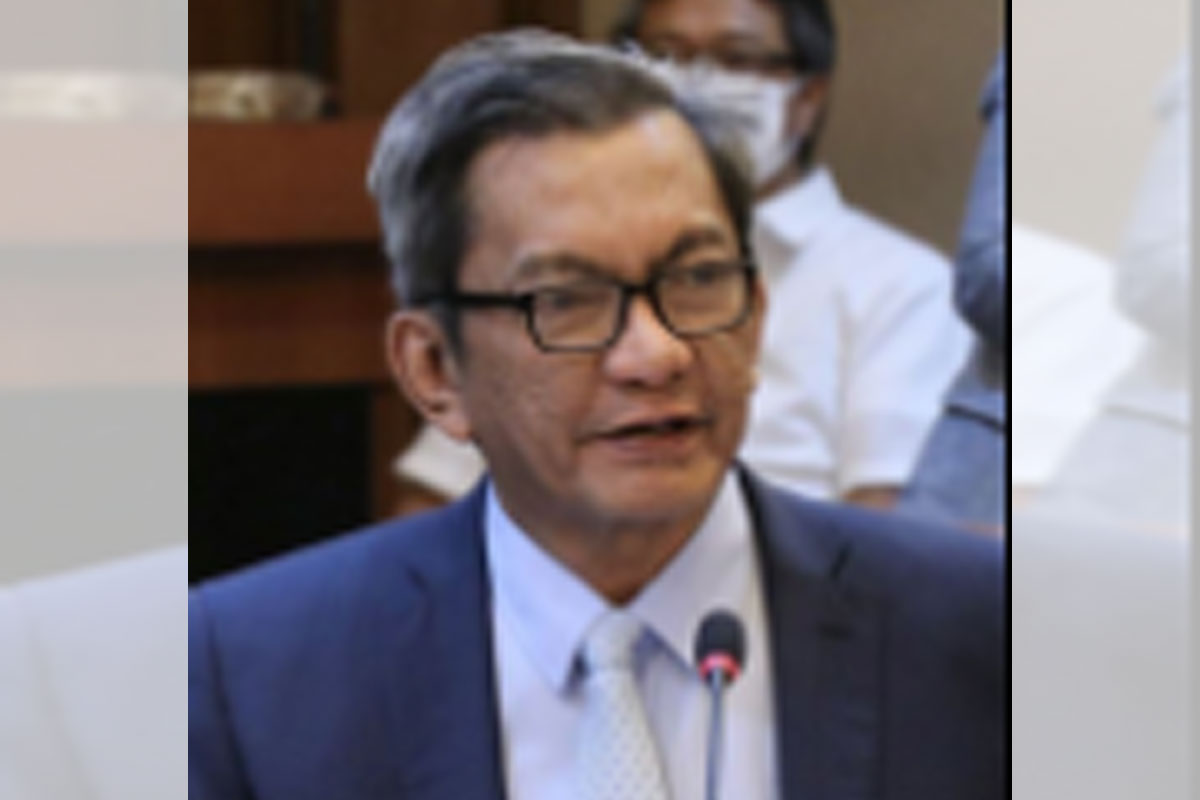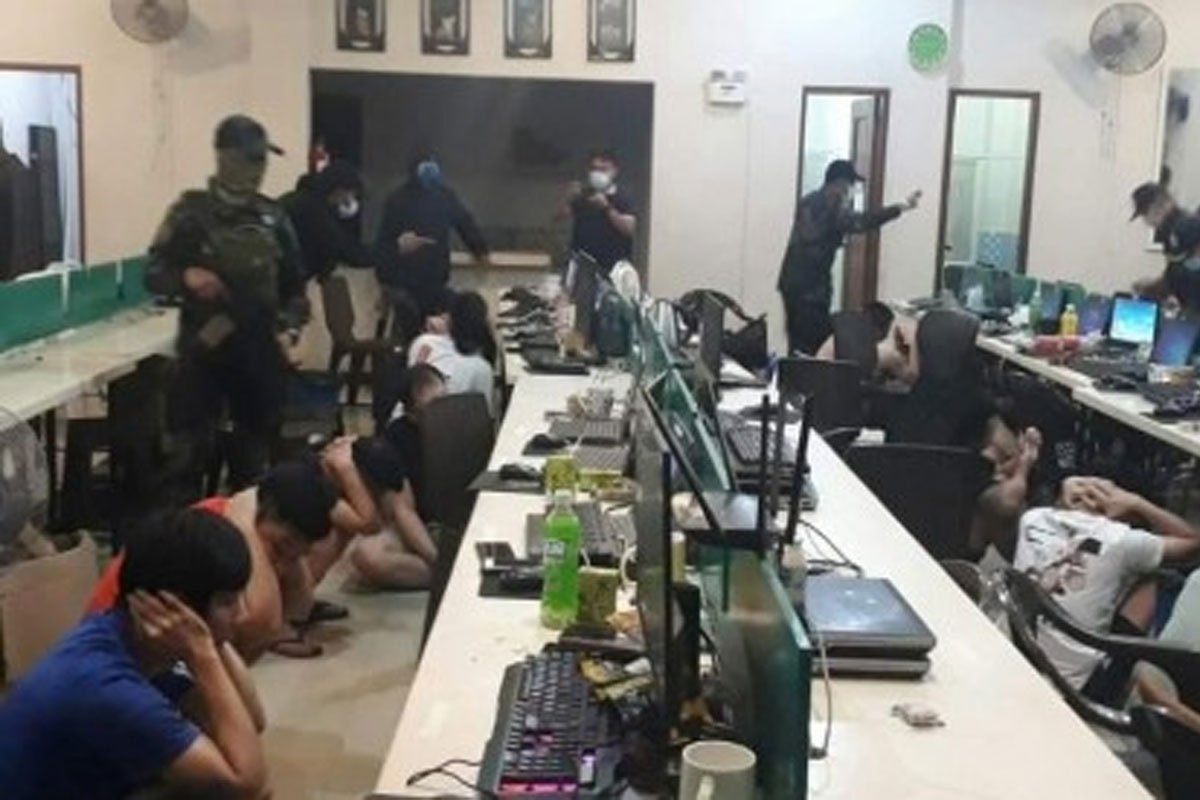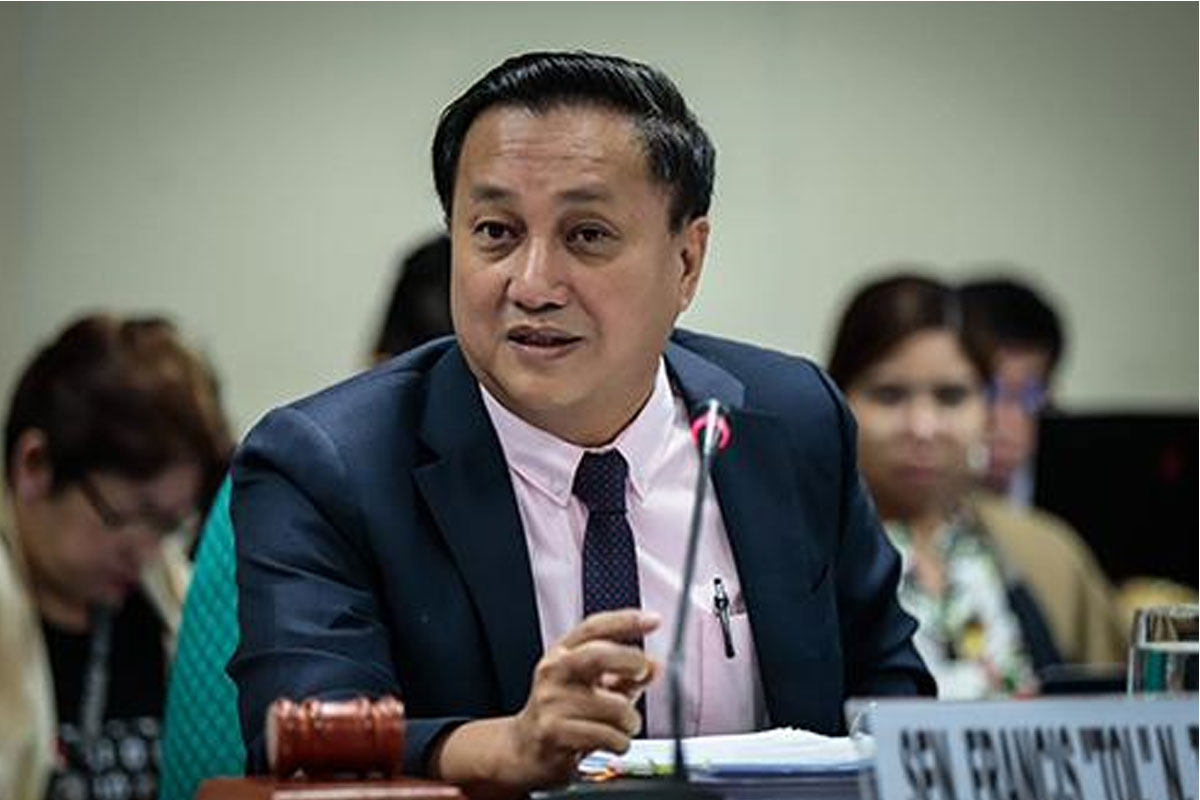
A look at the PNP’s 1st priority legislative agenda before the 19th Congress
 ADOPTING the current structure of the Philippine National Police (PNP) including the pay and allowances of PNP personnel and the approval of the promotion to the next higher rank of all Third- Level Police Commissioned Officers designated to various positions under the current structure is Number 1 among the legislative agenda for the 19th Congress being pushed by the current PNP leadership, the Journal Group learned yesterday.
ADOPTING the current structure of the Philippine National Police (PNP) including the pay and allowances of PNP personnel and the approval of the promotion to the next higher rank of all Third- Level Police Commissioned Officers designated to various positions under the current structure is Number 1 among the legislative agenda for the 19th Congress being pushed by the current PNP leadership, the Journal Group learned yesterday.
Proposed by the PNP Directorate for Plans headed by Major General Bernard M. Banac following full consultations with the PNP leadership headed by General Rodolfo S. Azurin Jr., the proposal has been made in compliance to Section 13 of Republic Act 8551 or the PNP Reform and Reorganization Act of 1998.
Maj. Gen. Banac said the same legislative agenda they are pushing will adopt only the present and existing PNP offices and ranks of key officers as provided by existing laws or approved through National Police Commission resolutions.
It also includes the pay and allowances of PNP personnel and the approval of the promotion to the next higher ranks of all 3rd-Level Commissioned Police Officers designated to various positions under the current police structure.
“We have 12 legislative agendas broken down into 1st, 2nd and 3rd priorities and the one mentioned above is really our 1st priority, all for approval by Congress,” Maj. Gen. Banac said.
Gen. Azurin said the number of legislations they are proposing before the 19th Congress are all aimed at further reforming the 227, 000-strong force and improving its ‘move, shoot, communicate and investigate’ capabilities.
The top cop said they are seeking the help of the House of Representatives headed by Speaker Ferdinand Martin T. Romualdez and the Senate headed by Senate President Juan Miguel ‘Migz’ F. Zubiri in coming up with the proposed legislations for the betterment of the police force.
Enacted on February 25, 1998, Section 13 of RA 8551 referred to the authority of the Napolcom chaired by the Secretary of the Department of the Interior and Local Governments to conduct a management audit and prepare and submit to Congress a proposed reorganization plan of the PNP subject to limitations provided under the law.
The plan is also based on the following criteria: a) increased police visibility through dispersal of personnel from the headquarters to the field offices and by the appointment and assignment of non-uniformed personnel to positions which are purely administrative, technical, clerical or menial in nature and other positions which are not actually and directly related to police operation; and b) efficient and optimized delivery of police services to the communities.
RA 8551 upgraded the general qualifications for appointment in the PNP. It said that “no person shall be appointed as officer or member of the PNP unless he or she possesses the following minimum qualifications:
“a) A citizen of the Philippines; “b) A person of good moral conduct; “c) Must have passed the psychiatric/psychological, drug and physical tests to be administered by the PNP or by any NAPOLCOM accredited government hospital for the purpose of determining physical and mental health; “d) Must possess a formal baccalaureate degree from a recognized institution of learning;
“e) Must be eligible in accordance with the standards set by the Commission; “f) Must not have been dishonorably discharged from military employment or dismissed for cause from any civilian position in the Government; “g) Must not have been convicted by final judgment of an offense or crime involving moral turpitude;
“h) Must be at least one meter and sixty-two centimeters (1.62 m.) in height for male and one meter and fifty-seven centimeters (1.57 m.) for female; “i) Must weigh not more or less than five kilograms (5 kgs.) from the standard weight corresponding to his or her height, age, and sex;
“j) For a new applicant, must not be less than twenty-one (21) nor more than thirty (30) years of age: except for the last qualification, the above-enumerated qualifications shall be continuing in character and an absence of any one of them at any given time shall be a ground for separation or retirement from the service: Provided, That PNP members who are already in the service upon the effectivity of this Act shall be given at least two (2) more years to obtain the minimum educational qualification and one (1) year to satisfy the weight requirement.
For the purpose of determining compliance with the requirements on physical and mental health, as well as the non-use of prohibited drugs, the PNP by itself or through a Napolcom-accredited government hospital shall conduct regular psychiatric, psychological drug and physical tests randomly and without notice, the law says.
The same law likewise state that “after the lapse of the time period for the satisfaction of a specific requirement, current members of the PNP who will fail to satisfy any of the requirements enumerated under this Section shall be separated from the service if they are below fifty (50) years of age and have served in Government for less than twenty (20) years or retired if they are from the age of fifty (50) and above and have served the Government for at least twenty (20) years without prejudice in either case to the payment of benefits they may be entitled to under existing laws.”
Section 19 of RA 8551 says that “all uniformed members of the PNP shall undergo a Field Training Program for twelve (12) months involving actual experience and assignment in patrol, traffic, and investigation as a requirement for permanency of their appointment.”
It also increased qualifications for Provincial Directors too. Its Section 20 says that “no person may be appointed Director of a Provincial Police Office unless: a) he or she holds a master’s degree in public administration, sociology, criminology, criminal justice, law enforcement, national security administration, defense studies, or other related discipline from a recognized institution of learning; and b) has satisfactorily passed the required training and career courses necessary for the position as may be established by the Commission.
It also amended Section 34 of RA 6975 which established the PNP in 1990 to read as follows:
“Section 34. Qualifications of Chief of City and Municipal Police Stations. – No person shall be appointed chief of a city police station unless he/she is a graduate of Bachelor of Laws or has finished all the required courses of a master’s degree program in public administration, criminology, criminal justice, law enforcement, national security administration, defense studies, and other related disciplines from a recognized institution of learning.
It also says that “no person shall be appointed chief of a municipal police station unless he or she has finished at least second year Bachelor of Laws or has earned at least twelve (12) units in a master’s degree program in public administration, criminology, criminal justice, law enforcement, national security administration, and other related disciplines from a recognized institution of learning:
Provided, That members of the Bar with at least five (5) years of law practice, licensed criminologists or graduates of the Philippine National Police Academy and who possess the general qualifications for initial appointment to the PNP shall be qualified for appointment as chief of a city or municipal police station:
Its Section 24 calls for the Attrition System within the uniformed members of the PNP. In particular, Section 25 of RA 8551 says that the maximum tenure of PNP members holding key positions is hereby prescribed as follows:
PNP Chief, Deputy Chief, Director of the Staff Services—four (4) years; Regional Directors -six (6) years; and Provincial/City Directors -nine (9) years.
The same law say that other positions higher than Provincial Director shall have the maximum tenure of six (6) years.
Unless earlier separated, retired or promoted to a higher position in accordance with the PNP Staffing Pattern, police officers holding the above-mentioned positions shall be compulsorily retired at the maximum tenure in position herein prescribed, or at age fifty-six (56), whichever is earlier:
Provided, That in times of war or other national emergency declared by Congress, the President may extend the PNP Chief’s tour of duty: Provided, further, That PNP members who have already reached their maximum tenure upon the effectivity of the Act may be allowed one (1) year more of tenure in their positions before the maximum tenure provided in this Section shall be applied to them, unless they shall have already reached the compulsory retirement age of fifty-six (56), in which case the compulsory retirement age shall prevail.
The said law also says that “except for the Chief,PNP, no PNP member who has less than one (1) year of service before reaching the compulsory retirement age shall be promoted to a higher rank or appointed to any other position.”
Its Section 26 or Attrition by Relief on the other hand says that a PNP uniformed personnel who has been relieved for just cause and has not been given an assignment within two (2) years after such relief shall be retired or separated.”
The law also says that “any PNP personnel who has not been promoted for a continuous period of ten (10) years shall be retired or separated.”
It also declared a ‘Rationalized Promotion System’ in the PNP in which the Napolcom shall establish a system of promotion for uniformed and non-uniformed personnel of the PNP which shall be based on merits and on the availability of vacant positions in the PNP staffing pattern. Such system shall be gender fair and shall ensure that women members of the PNP shall enjoy equal opportunity for promotion as that of men.


